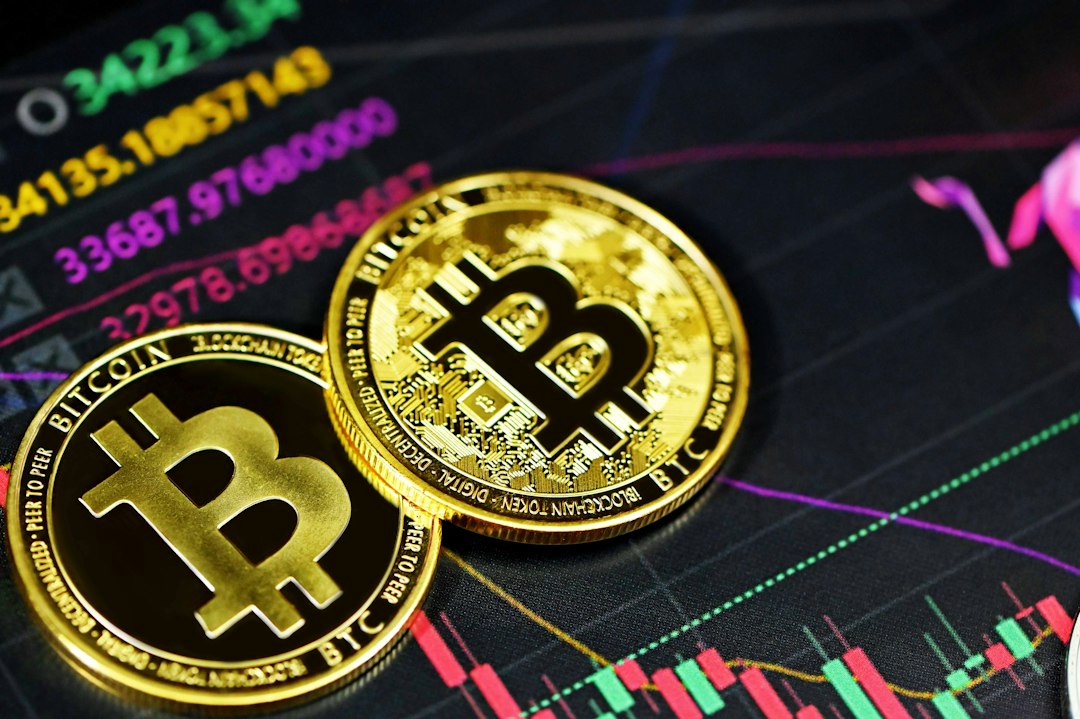South Korea Maintains Ban on Crypto ETFs
While Bitcoin exchange-traded funds (ETFs) have been approved in the US, South Korea remains firm in its ban on BTC ETFs. The country’s Financial Services Commission (FSC) stated that launching virtual currency ETFs is “impossible” and that there will be no changes to the ban. The FSC’s concerns stem from the potential illegal outflow of domestic funds due to credit card payments on foreign crypto exchanges.
The ban comes after an investigation revealed significant crypto trading activities among South Korean lawmakers, conducted by the Anti-Corruption and Civil Rights Commission.
FSC Official Asserts Impossibility of Crypto ETF Launch
According to an FSC official, the ban aims to stabilize financial markets. The official mentioned that other jurisdictions like the US, Hong Kong, and Germany have already launched crypto futures ETFs or spot ETFs. However, the official emphasized that legally, it is impossible to launch a virtual asset ETF in South Korea. The Capital Markets Act of the country only allows financial investment products, currencies, and general products as underlying assets for ETFs.
Comparison to the US Approach
The recent approval of spot Bitcoin ETFs by the US Securities and Exchange Commission (SEC) opened up opportunities for new investors. However, the South Korean FSC official noted that unlike Korea, the US prohibited banks and financial institutions from investing in virtual assets. They suggested that if investment in virtual assets were recognized in South Korea, it could weaken the demand base of the domestic stock market.
Hot Take: South Korea Stands Firm on Crypto ETF Ban
Despite the approval of Bitcoin ETFs in the US, South Korea maintains its ban on crypto ETFs. The country’s Financial Services Commission believes that launching virtual currency ETFs is impossible due to concerns about the illegal outflow of funds and the need to stabilize financial markets. They cite other jurisdictions that have already launched crypto ETFs, but assert that it is legally impossible in South Korea. The Capital Markets Act only allows certain assets for ETFs. The South Korean approach differs from the US, as they prohibit banks and financial institutions from investing in virtual assets, which they believe helps protect the domestic stock market.





 By
By
 By
By

 By
By
 By
By